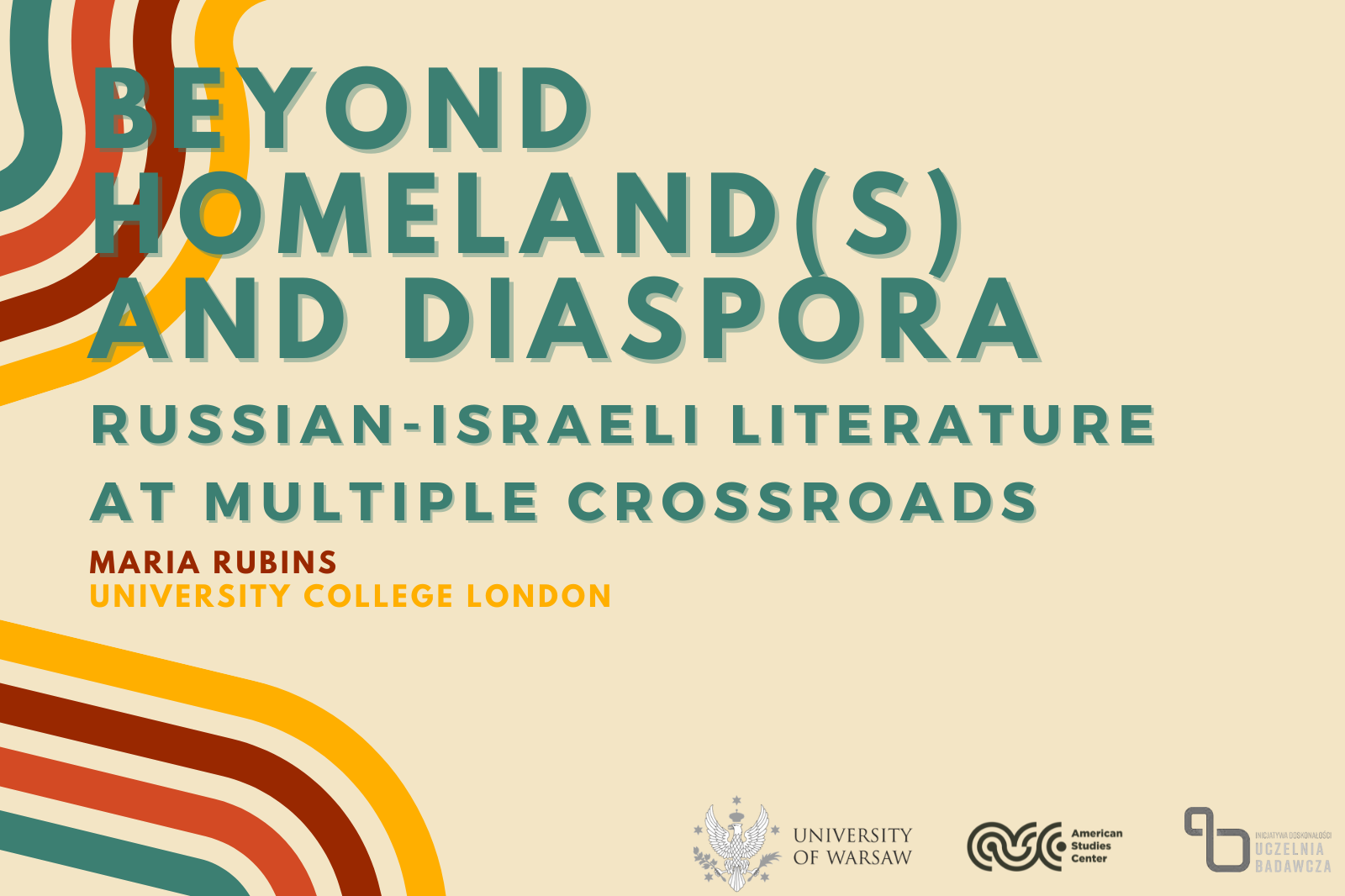The third meeting from the EcoGothic Landscapes series is coming soon! This time, we will conduct the event in Polish, and we are sorry for this inconvenience. However, we invite all Polish-speaking people to enjoy the conversation about non-human beings in Japanese literature.
Bliskie spotkania z istotami nie-ludzkimi we współczesnej literaturze japońskiej
Monday, December 14, 2020
at 5:30 p.m.
You can get 2 OZN points for participating in this event.
Where?
This is an online event. To attend, click the button below or enter https://us02web.zoom.us/j/83613533263 into your browser, and join the meeting.
What?
Najnowsza odsłona spotkań Weird Fictions Research Group przeniesie nas do Japonii i umożliwi spotkanie ze zwierzętami oraz istotami nieludzkimi, które zamieszkują tamtejszą literaturę. Profesor Beata Kubiak Ho-Chi z Uniwersytetu Warszawskiego wprowadzi uczestników w tradycję i konteksty fantastycznego zwierzyńca japońskiej literatury, później zaś omówi twórczość trzech pisarek: Yōko Tawady, Yoriko Shōno i Hiromi Kawakami, poświęcając szczególną uwagę tej ostatniej. Wspólnie spróbujemy odpowiedzieć na pytanie, na ile opowieści snute przez te autorki wpisują się w różne perspektywy grozy i horroru, oraz jak się plasują na tle światowych teorii i twórczości posthumanistycznych.
Who?
Dr hab. Beata Kubiak Ho-Chi, prof. UW, zajmuje się badaniem współczesnej literatury japońskiej, estetyki i sztuki japońskiej oraz animal studies. Jest profesor nadzwyczajną Katedry Japonistyki Wydziału Orientalistycznego Uniwersytetu Warszawskiego, absolwentką japonistyki UW oraz I.N.A.L.C.O. w Paryżu. Odbyła wiele staży naukowych w Japonii, w tym na Uniwersytecie Tokijskim i International Research Center for Japanese Studies w Kioto. Wśród jej licznych publikacji znajduje się Tragizm w japońskim teatrze lalkowym bunraku (WUW 2011), Estetyka i sztuka japońska (Universitas 2009), Estetyka klasyczna w twórczości prozatorskiej i dramaturgicznej Mishimy Yukio 1946-1960 (Universitas 2004). W wyniku jej badań nad relacjami ludzi i nie-ludzi w kulturze japońskiej powstała m. in. monografia zbiorowa Zwierzęta w kulturze japońskiej (Japonica PFJ 2018, co-red. Y. Fujii-Karpoluk). Poza działalnością naukową, prof. Kubiak Ho-Chi zajmuje się również przekładem literatury japońskiej. Przetłumaczona przez nią powieść Wyznanie maski Yukio Mishimy (PIW 2019) została nominowana do Nagrody Literackiej Gdynia.
Rozmowę przeprowadzi mgr Joanna Kaniewska, absolwentka Katedry Japonistyki UW oraz Ośrodka Studiów Amerykańskich. Obecnie przygotowuje się do doktoratu w zakresie muzyki i i kultury popularnej. Na co dzień zajmuje się tłumaczeniami audiowizualnymi oraz działalnością blogowo-radiową (blog “dziewiętnaście czwartych”, audycja “dancing in dystopia” w Radiu Kapitał).


